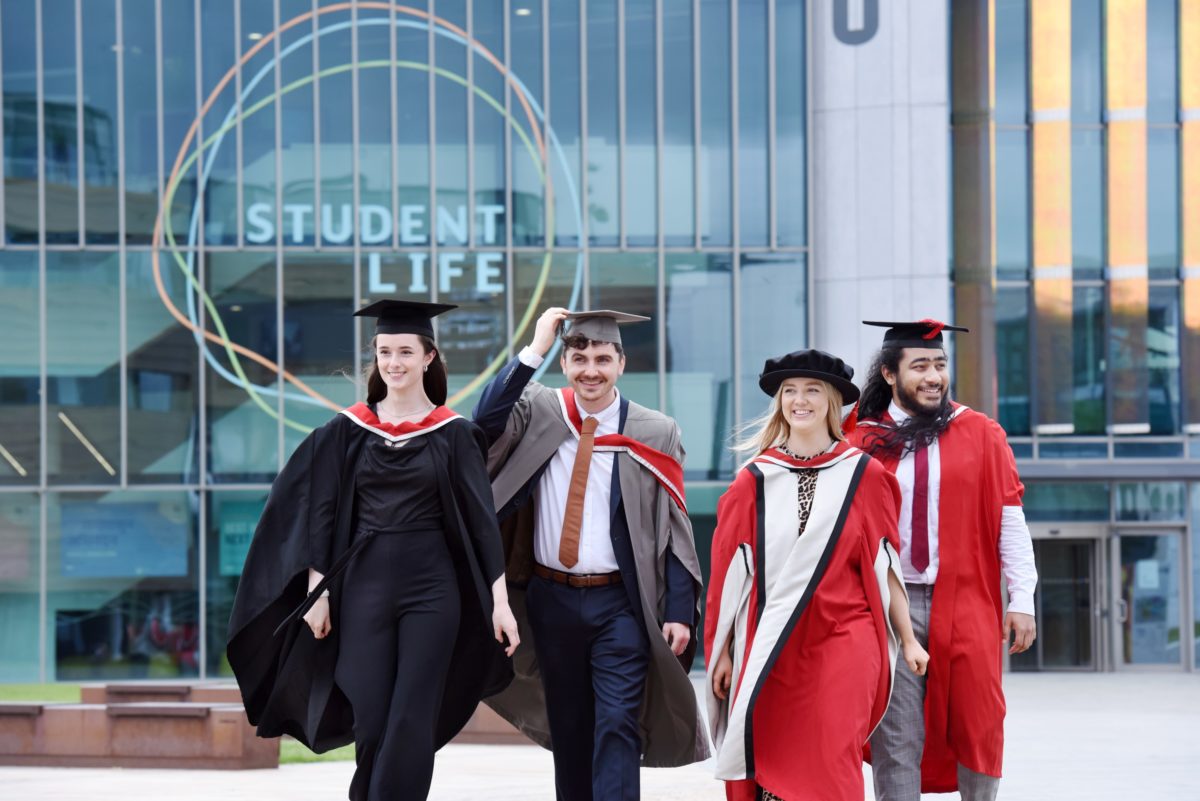If you’re planning on starting uni, an integrated master’s degree might be an option worth exploring. Integrated master’s, such as MEng (Master of Engineering) or MSci (Master of Science), combine undergraduate and postgraduate studies into a single course, usually spanning four years, or five with a placement. Wondering why you should study one? Here’s a few of our favourite reasons:
1 Transition seamlessly to postgraduate study
One of the main advantages of an integrated master’s degree is the smooth transition it offers from undergraduate to postgraduate study. You won’t need to apply separately for a master’s program after completing your bachelor’s degree as you normally would through UCAS. Instead, you’ll move through the levels of study in one continuous course, making the shift to more advanced learning feel natural and less stressful.
2 Save money
The funding for an integrated master’s degree is the same as your undergraduate degree through the government’s student loans and maintenance grants. This means you do not need to apply separately for postgraduate funding, so you only pay back undergraduate student loans, saving you money in repayments.
3 Improved career prospects
In many fields, especially in industries such as engineering, computer science or optometry, employers prefer candidates with master’s qualifications. By opting for an integrated master’s, you position yourself as a highly qualified candidate with advanced knowledge and skills, giving you an edge in competitive job markets. Additionally, many employers in technical fields view a master’s degree as a minimum requirement for certain roles, so having this qualification can expand your opportunities.
5 Specialise in your field of interest
An integrated master’s allows you to delve deep into your chosen field and specialise in areas that most interests you. This enhanced focus during your studies can help you develop niche expertise, which can be particularly appealing to employers or academic institutions looking for candidates with specific skills.
6 Better research and project opportunities
As part of an integrated master’s, you often have the chance to participate in research projects or undertake in-depth dissertations. These projects are crucial if you’re considering a career in research or academia. The experience of working on real-world challenges and producing advanced research can also make your CV stand out to employers, showing your ability to apply what you’ve learned in practical scenarios.
If you’re passionate about your field of study and eager to dive into more advanced, specialised knowledge, an integrated master’s could be an ideal fit. Not only will you graduate with a highly respected qualification, but you’ll also benefit from the cost efficiency, better career prospects, and opportunity to gain hands-on experience in your industry.




